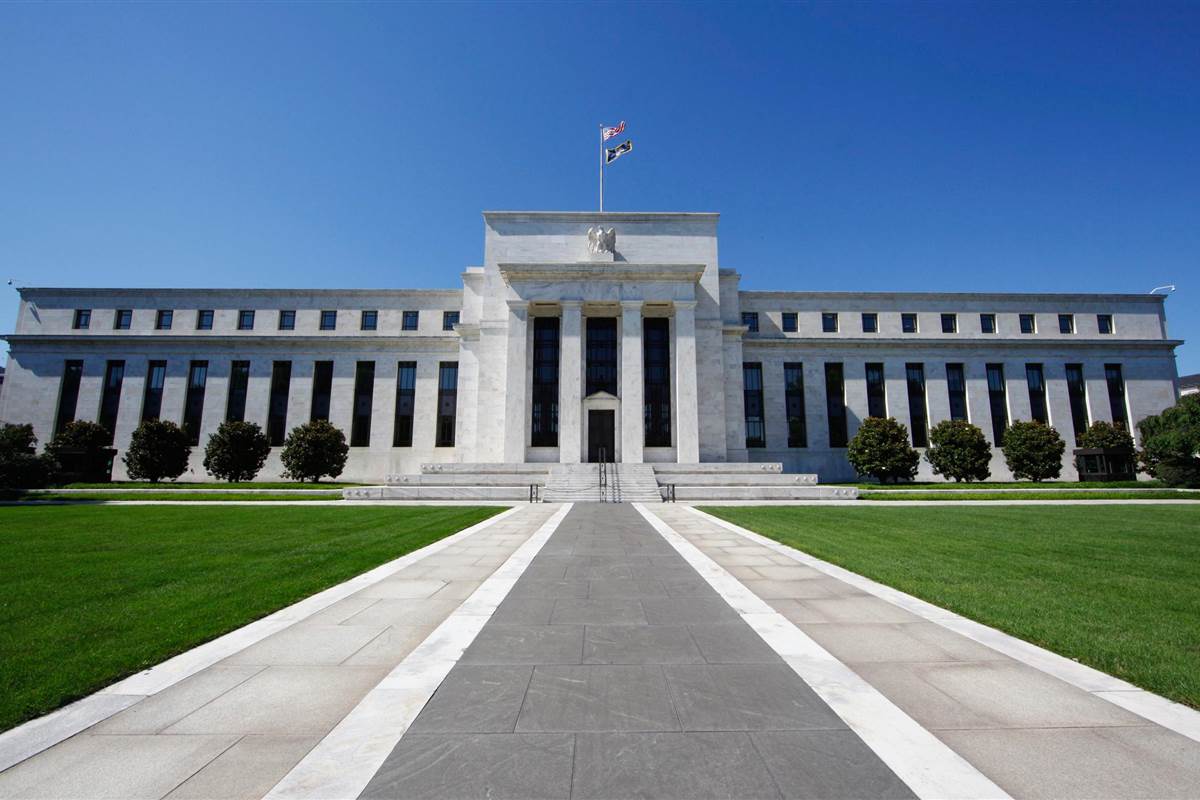The Federal Reserve of the United States has released their plans to inject another US$4 billion into its economy through quantitative easing, in an attempt to protect the U.S. from future recessions.
In its staff working paper entitled “Gauging the Ability of the FOMC to Respond to Future Recessions,” the Fed explained that “large-scale asset purchases and forward guidance about the future path of the Federal funds rate should be able to provide enough additional accommodation to fully compensate for a more limited [ability] to cut short-term interest rates.”
However, the Fed’s fundamental misunderstanding of the consequences of short-term fiat production led to a vast amount of criticisms from financial experts that explain QE or any large-scale asset purchases don’t have the ability to counterbalance an economical shock in most circumstances.
According to ZeroHedge, Citi head of G10 FX Steven Englander wrote, “I would have rewritten the conclusion as: “large-scale asset purchases and forward guidance about the future path of the Federal funds rate have almost no ability to offset a shock in current circumstances, but down the road may be able to provide enough additional accommodation to fully compensate for a more limited [ability] to cut short-term interest rates in some, but not all and maybe even not most, circumstances.” The italics and colors show my changes.”
Englander’s evaluation of the Fed’s QE attempt is logically sound, as US$2 to $4 billion being dumped to the 1% of the economy with high financial status and exceptional reach does not help counterbalancing an economic struggle. In other words, if billions of dollars are suddenly injected to an economy, it will most likely struggle to trickle down to the rest of the economy.
The unconvincing financial strategy of the Fed emphasized the consequences of having a central entity in control of the majority of assets and money in an economy. Cash or fiat money can be manipulated by a central entity. Thus, organizations like the Fed are granted the authority to pump assets of value in the economy whenever they see the economy being in trouble.
Cryptocurrencies like Bitcoin denies this power of central banks. The circulation of money in a decentralized cannot be altered or modified by a central entity because it is run by the users of the network. Consequences of short-term financial push are never dealt with and seen in Bitcoin as it is strictly set by the protocol and its laws.
Image Source
